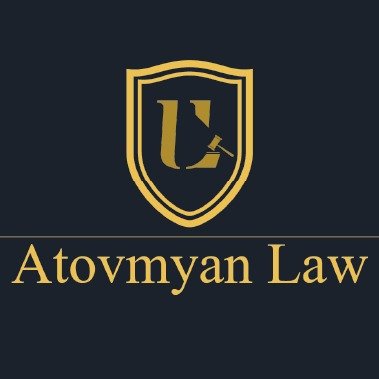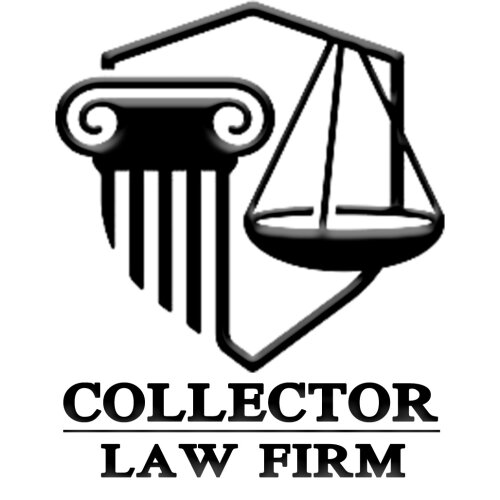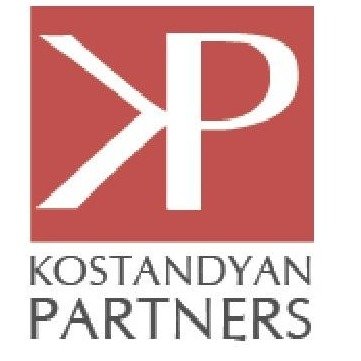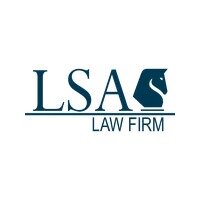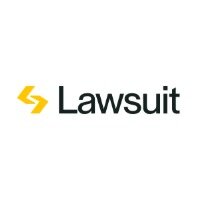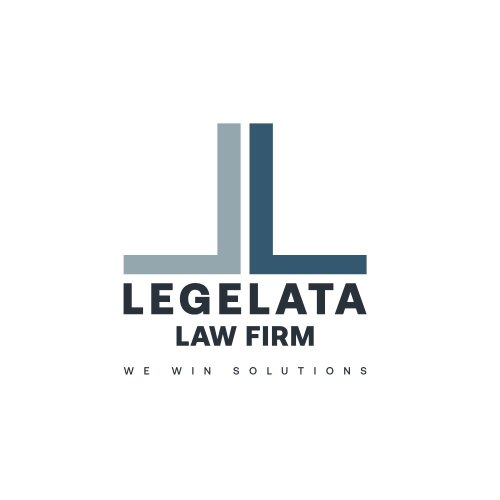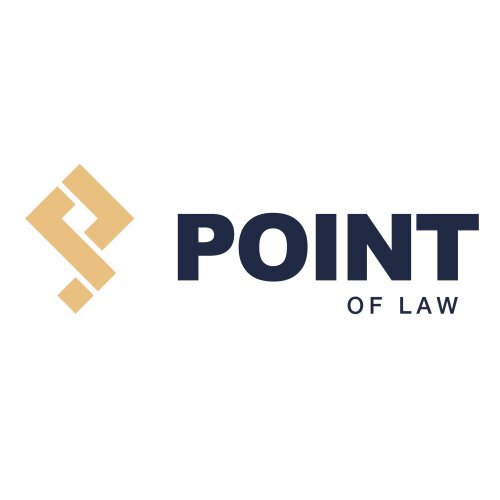Best Corporate Governance Lawyers in Armenia
Share your needs with us, get contacted by law firms.
Free. Takes 2 min.
Or refine your search by selecting a city:
List of the best lawyers in Armenia
About Corporate Governance Law in Armenia
Corporate governance in Armenia refers to the set of rules, practices, and processes by which companies are directed and controlled. It ensures an equitable, transparent, and accountable management structure, protecting the interests of shareholders, employees, customers, and the wider community. Armenian corporate governance law draws from both domestic legislation and international best practices, adapting to promote business growth, transparency, competitiveness, and trust in the marketplace. The foundation of corporate governance in Armenia is shaped by the Civil Code, the Law on Joint Stock Companies, the Law on Limited Liability Companies, and regulations on securities market oversight and disclosure.
Why You May Need a Lawyer
Navigating corporate governance in Armenia can be complex, especially for foreign investors or those new to the local legal environment. You may need a corporate governance lawyer in Armenia for the following reasons:
- Setting up a new company and structuring its governance (boards, committees, executive management)
- Drafting or reviewing charters, bylaws, shareholder agreements, and internal policies
- Managing shareholder relations and dispute resolution
- Compliance with ongoing disclosure, reporting, and transparency requirements
- Advising on directors’ and officers’ duties and liabilities
- Addressing conflicts of interest inside the company
- Mergers, acquisitions, or restructuring involving significant changes in corporate control
- Investigating or responding to allegations of fraud, corruption, or mismanagement
- Adapting to changes in the legal or regulatory framework
A qualified lawyer ensures that business practices align with Armenian law, minimizing legal risk and supporting sound business decisions.
Local Laws Overview
The main regulatory framework for corporate governance in Armenia includes several foundational laws:
- Civil Code of Armenia - Establishes general rules for legal entities, property rights, and obligations.
- Law on Joint Stock Companies (JSC Law) - Details the formation, operation, management structure, and disclosure rules for joint stock companies. Includes requirements for annual general meetings, rights and responsibilities of shareholders and directors, and procedures for capital increases or decreases.
- Law on Limited Liability Companies (LLC Law) - Sets out governance rules, member rights, and decision making for LLCs.
- Securities Market Regulation - Overseen by the Central Bank of Armenia, governs public company disclosures, insider trading rules, and obligations for listed companies.
- Other Regulations - Various governmental decisions and Central Bank regulations supplement company law, particularly for transparency and anti-money laundering compliance.
These laws require clearly defined corporate organs (general meeting, board of directors, executive body), transparency of ownership, timely and accurate financial reporting, and mechanisms for prevention and resolution of conflicts of interest. Anti-corruption standards and personal accountability for management are also emphasized in the legal framework.
Frequently Asked Questions
What is the basic corporate structure required by Armenian law?
Most companies must have a general meeting of shareholders or members, a board of directors (for larger or public companies), and an executive body (such as a director or management board). The structure varies according to company size and type.
Are there requirements for independent directors or board committees?
Armenian law does not generally mandate independent directors, except for certain public or regulated companies. However, best practice recommends independent oversight, and some companies establish audit or remuneration committees.
What disclosures are companies required to make?
Joint stock companies must keep shareholders informed about significant changes, financial results, related party transactions, and decisions of the general meeting or board. Public companies have additional reporting and disclosure obligations overseen by the Central Bank.
How are shareholders’ rights protected under Armenian law?
Shareholders have rights to information, participation in meetings, voting on major decisions, receiving dividends, and protection against unfair dilution or expropriation. Minority shareholders can challenge illegal or unfair company actions in court.
What are the duties and liabilities of company directors and executives?
Directors and executives must act in good faith, in the best interests of the company, and with reasonable care. Breaches of duty can result in civil or even criminal liability for damages or losses.
How are conflicts of interest usually handled?
Directors are required to disclose conflicts of interest, and certain transactions require approval from the board or general meeting. Failure to disclose can result in legal consequences and reversal of transactions.
What are the rules for holding shareholder meetings?
Meetings must be properly convened with advance notice and a formal agenda. Shareholders may vote in person or by proxy. Important decisions such as charter amendments or major transactions must be approved at these meetings.
What is the role of the Central Bank of Armenia in corporate governance?
The Central Bank regulates and supervises public companies and securities markets, implements rules for disclosure and transparency, and addresses violations of market regulations, especially for financial and listed companies.
Can foreign nationals serve as company directors or shareholders?
Yes, Armenian law allows foreign nationals to serve as directors or shareholders of Armenian companies, subject to standard legal requirements.
What are common compliance problems companies face?
Typical issues include inadequate or outdated internal policies, poor documentation of decisions, failure to register transactions properly, late or incomplete disclosures, and not keeping up to date with regulatory changes.
Additional Resources
Here are some useful resources and organizations for corporate governance in Armenia:
- Central Bank of Armenia - Regulates financial institutions and securities markets, oversees disclosure and transparency
- Ministry of Economy of Armenia - Supports business operations and reforms, including company law oversight
- State Register of Legal Entities - Responsible for company registration, statutory filings, and key documentation
- Armenian National Center for Corporate Governance - Provides training, guidelines, and promotes best practices in corporate governance
- Chamber of Advocates of the Republic of Armenia - Official list of licensed legal practitioners, including corporate governance specialists
Next Steps
If you require legal assistance with corporate governance in Armenia, consider the following steps:
- Assess your needs - Determine whether you need help with company formation, compliance, dispute resolution, restructuring, or another specific matter.
- Prepare your documents - Gather relevant charters, agreements, company records, and correspondence for your lawyer to review.
- Research qualified legal professionals - Look for law firms or individual advocates with expertise in corporate law and governance, or consult the Chamber of Advocates.
- Schedule a consultation - Discuss your issues, business objectives, and any urgent compliance deadlines.
- Agree on a legal services plan - Request a clear outline of the scope of work, fees, and timelines.
- Stay involved - Ensure ongoing communication with your lawyer and take an active role in implementing recommendations and maintaining compliance going forward.
A proactive and informed approach will help you protect your business interests, avoid costly mistakes, and maintain long term success within Armenia’s corporate legal framework.
Lawzana helps you find the best lawyers and law firms in Armenia through a curated and pre-screened list of qualified legal professionals. Our platform offers rankings and detailed profiles of attorneys and law firms, allowing you to compare based on practice areas, including Corporate Governance, experience, and client feedback.
Each profile includes a description of the firm's areas of practice, client reviews, team members and partners, year of establishment, spoken languages, office locations, contact information, social media presence, and any published articles or resources. Most firms on our platform speak English and are experienced in both local and international legal matters.
Get a quote from top-rated law firms in Armenia — quickly, securely, and without unnecessary hassle.
Disclaimer:
The information provided on this page is for general informational purposes only and does not constitute legal advice. While we strive to ensure the accuracy and relevance of the content, legal information may change over time, and interpretations of the law can vary. You should always consult with a qualified legal professional for advice specific to your situation.
We disclaim all liability for actions taken or not taken based on the content of this page. If you believe any information is incorrect or outdated, please contact us, and we will review and update it where appropriate.
Browse corporate governance law firms by city in Armenia
Refine your search by selecting a city.



